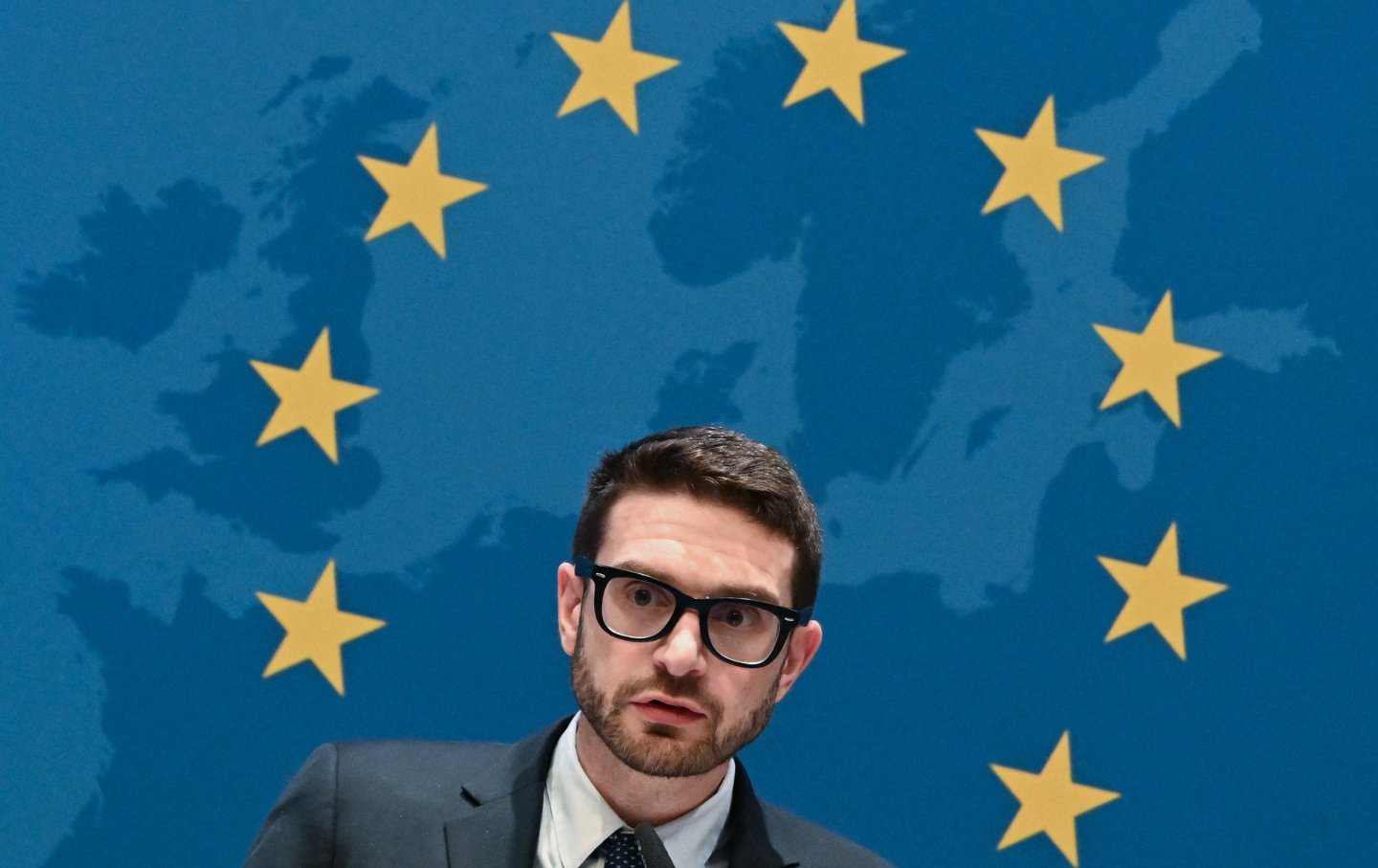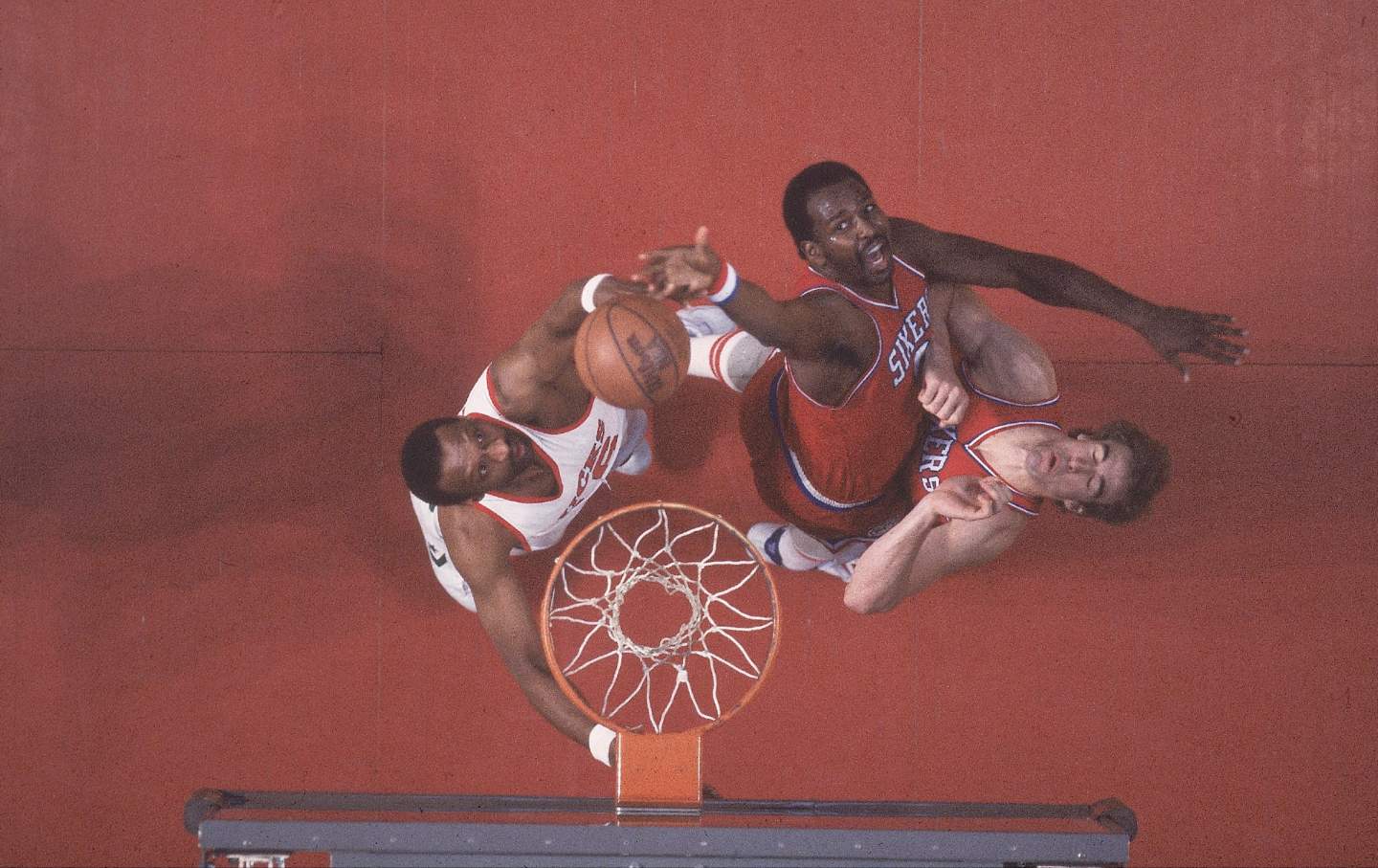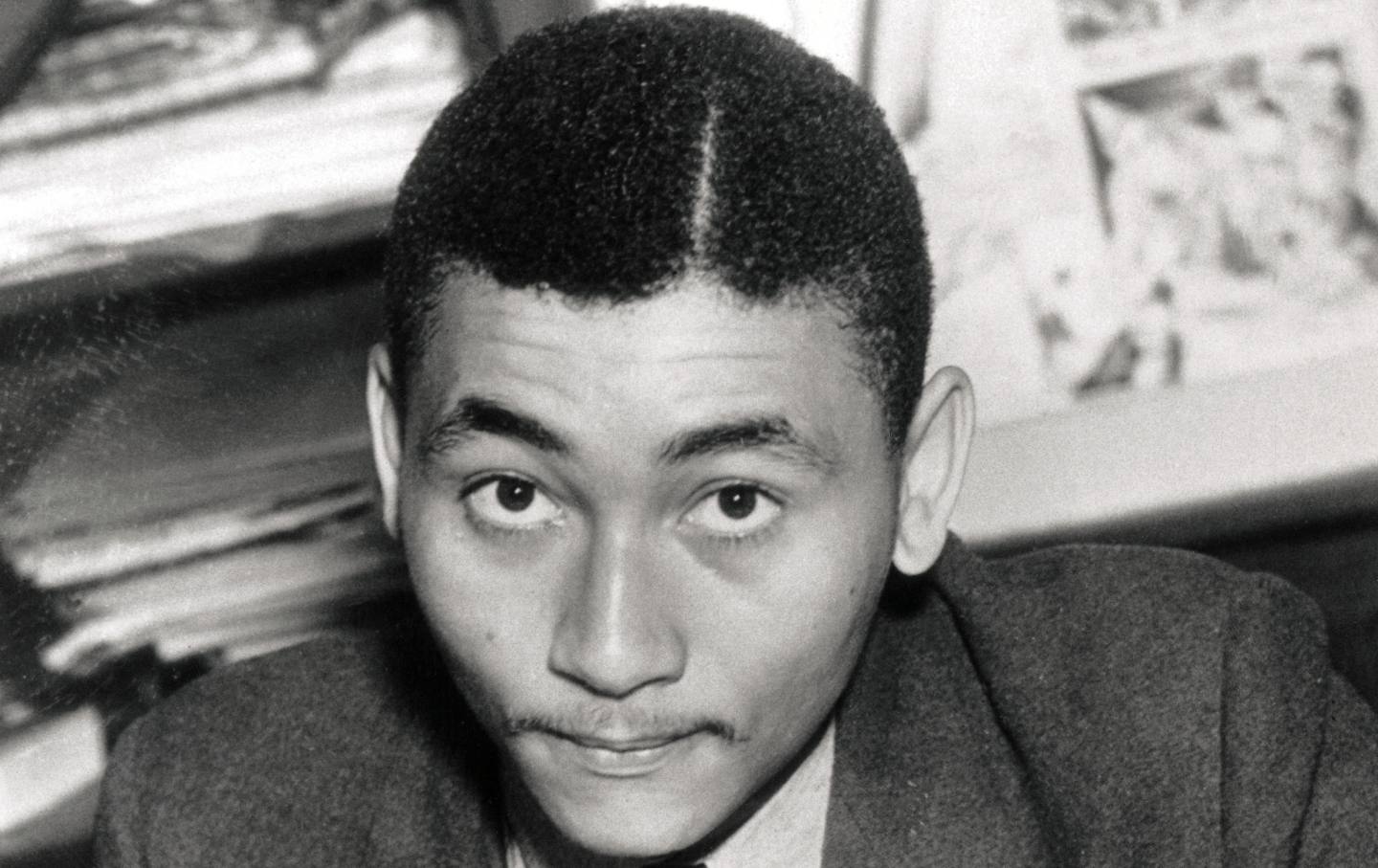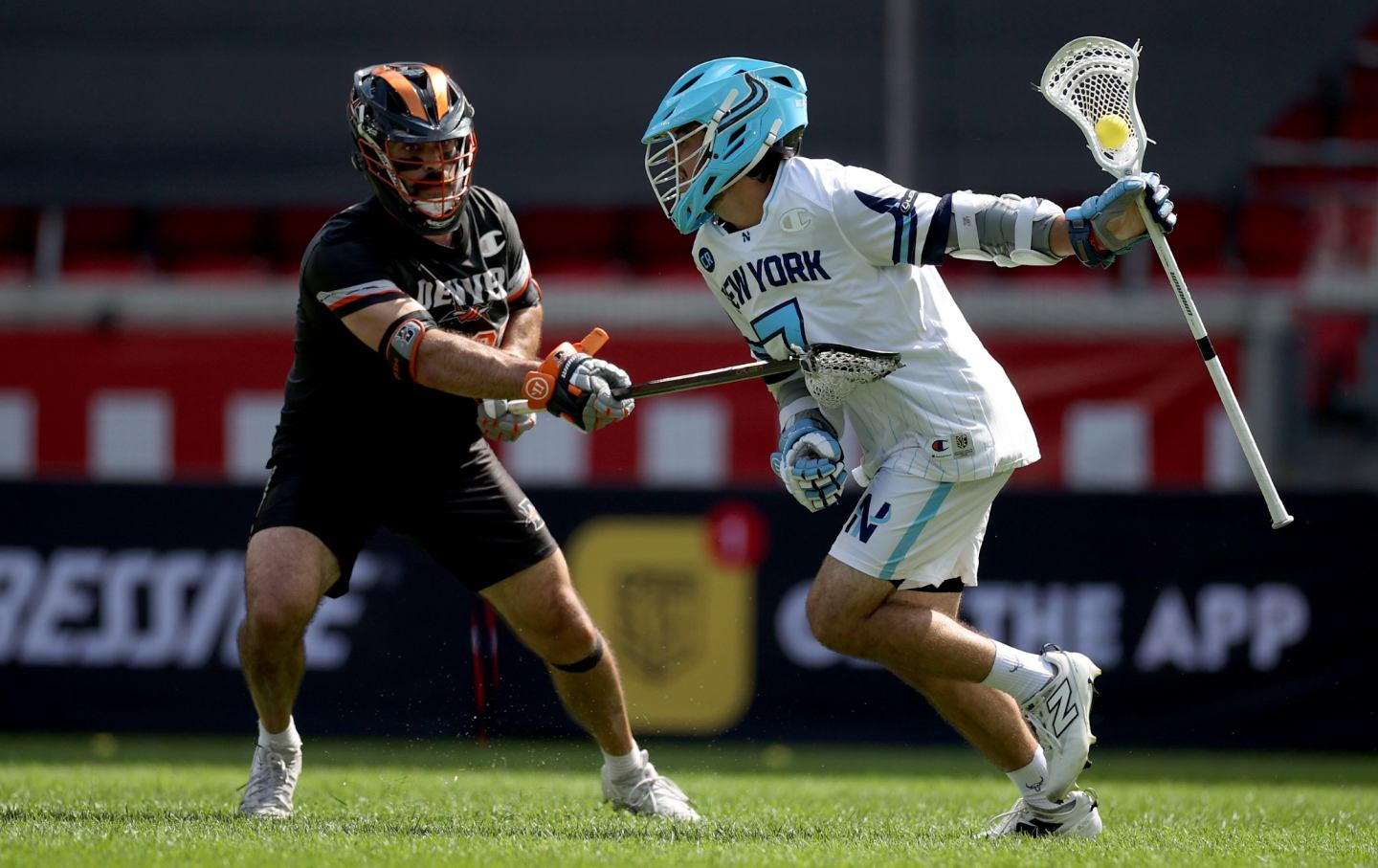Video Games, War, and Capitalism—With Adam Ganser and Michael Swaim
On this episode of the American Prestige podcast, a discussion on the confluence of history, US foreign policy, and capitalism in video games.

Here's where to find podcasts from The Nation. Political talk without the boring parts, featuring the writers, activists and artists who shape the news, from a progressive perspective.
In this host-only bonus episode, Charlotte and Jo discuss some of their most memorable reads of 2025. Authors discussed include Shon Faye, Sarah Schulman, Ai Yazawa, Marjane Satrapi, Ariana Reines, Kyung-Ran Jo, and more.
Please consider supporting us on Patreon, where you can access additional materials and send us your guest (and book!) coverage requests. Questions and kind comments can be directed to readingwriterspod at gmail dot com.
Charlotte Shane’s most recent book is An Honest Woman. Her essay newsletter, Meant For You, can be subscribed to or read online for free. Her social media handle is @charoshane.
Jo Livingstone is a writer who teaches at Pratt Institute.
Advertising Inquiries: https://redcircle.com/brands
Privacy & Opt-Out: https://redcircle.com/privacy
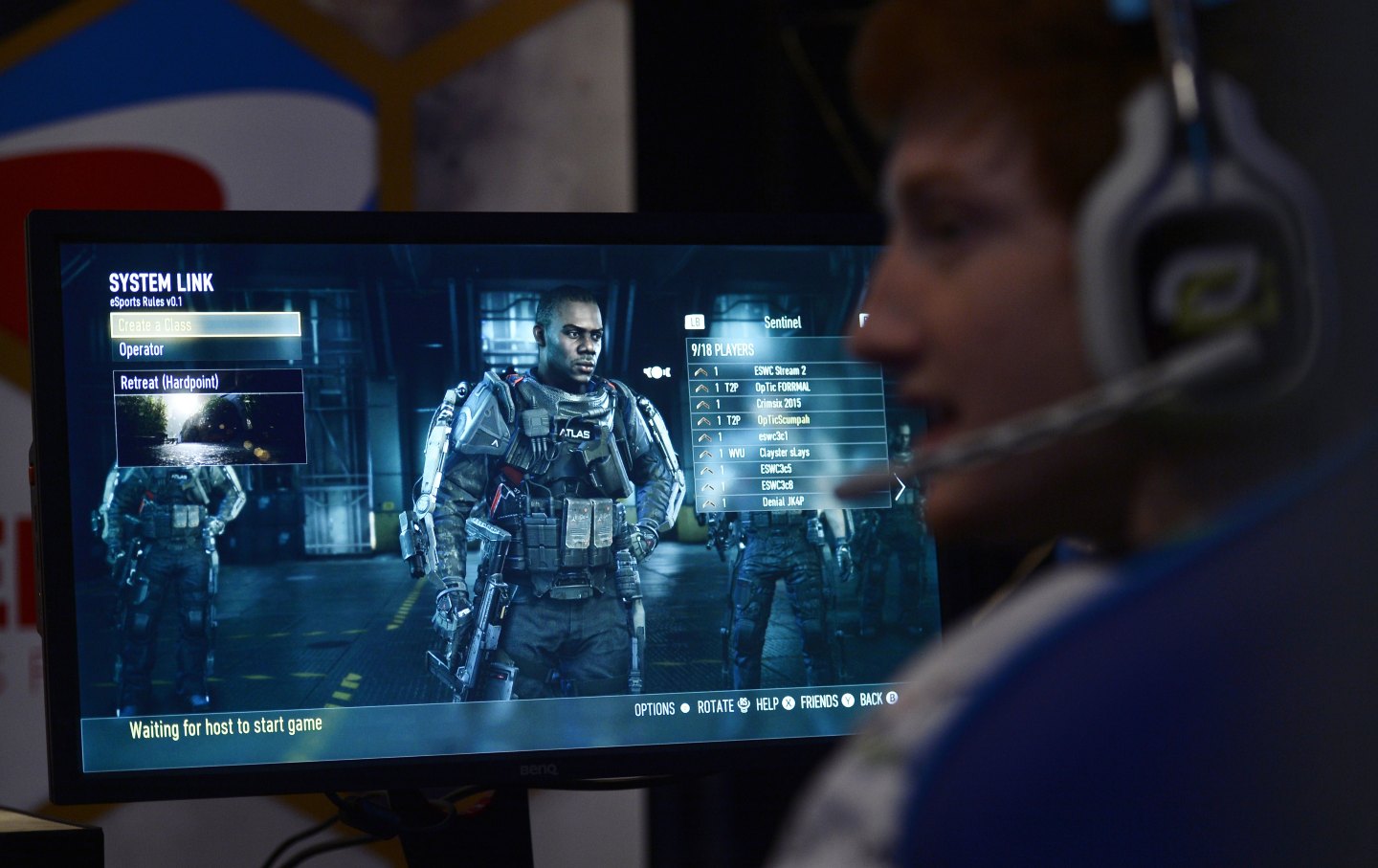
A competitor plays Call of Duty Advanced Warfare during the Electronic Sports World Cup in Paris.
(Alain Jocard / AFP via Getty Images)From action-packed blockbusters to contemplative indies, video games have portrayed politics and violence in myriad ways.
On this episode of the American Prestige podcast, Danny and Derek sit down with Adam Ganser and Michael Swaim of the 1Upsmanship podcast to discuss the confluence of history, US foreign policy, and capitalism in video games. The group broaches topics like the implicit politics of first-person shooters, the capitalist logic in games based on survival and growth, the portrayal of governments in different series, and how far developers can go to portray the reality of war in a game.
Check out more of Adam and Michael’s work at their Small Beans podcast network.

Here's where to find podcasts from The Nation. Political talk without the boring parts, featuring the writers, activists and artists who shape the news, from a progressive perspective.
Derek welcomes Matt Lech to the show to bring you the news while a sick Danny convalesces. This week: Trump pushes U.S. oil companies to reenter Venezuela and outlines plans for a long-term U.S. takeover of the Venezuelan oil industry (1:34); opposition leader Maria Corina Machado presents Donald Trump with her Nobel Peace Prize medal (7:01); Southern Transitional Council leader Aidarus al-Zubaidi flees Yemen as the group fractures amid competing leadership claims (8:50); Somalia cuts ties with the United Arab Emirates following the latter’s support for Somaliland and the evacuation of Yemeni separatist leaders through Somali territory (12:05); the second phase of the Gaza ceasefire begins as Israel continues to restrict humanitarian aid (14:27); UK Palestine Action prisoners conduct hunger strikes as part of a broader campaign against repression and arms manufacturing, with Matt relaying a statement from the group (18:11); Sudan’s military government announces its return to Khartoum while preparing a major operation against the Rapid Support Forces in Darfur and Kordofan (21:22); China records a $1.2 trillion trade surplus despite U.S. tariffs (24:09); Japan’s prime minister moves toward snap elections amid high approval ratings and ongoing political instability (26:30); the UN reports 2025 as the deadliest year for Ukrainian civilians since 2022 (28:40); American, Danish, and Greenlandic officials meet in Washington as Trump continues to press claims over Greenland (31:06); the Trump administration halts immigrant visa processing for 75 countries (33:15); and the New York Times reports on possible U.S. war crimes involving the use of disguised military aircraft in “anti-smuggling” operations (34:23). Derek then speaks with Negar Mortazavi, journalist and host of The Iran Podcast, about the causes, trajectory, and implications of Iran’s recent nationwide protests (37:11). Find more of Matt’s work over at Left Reckoning, The Majority Report, and The Jacobin Show. Here is the complete statement from UK Palestine Action.
Advertising Inquiries: https://redcircle.com/brands
Privacy & Opt-Out: https://redcircle.com/privacy


